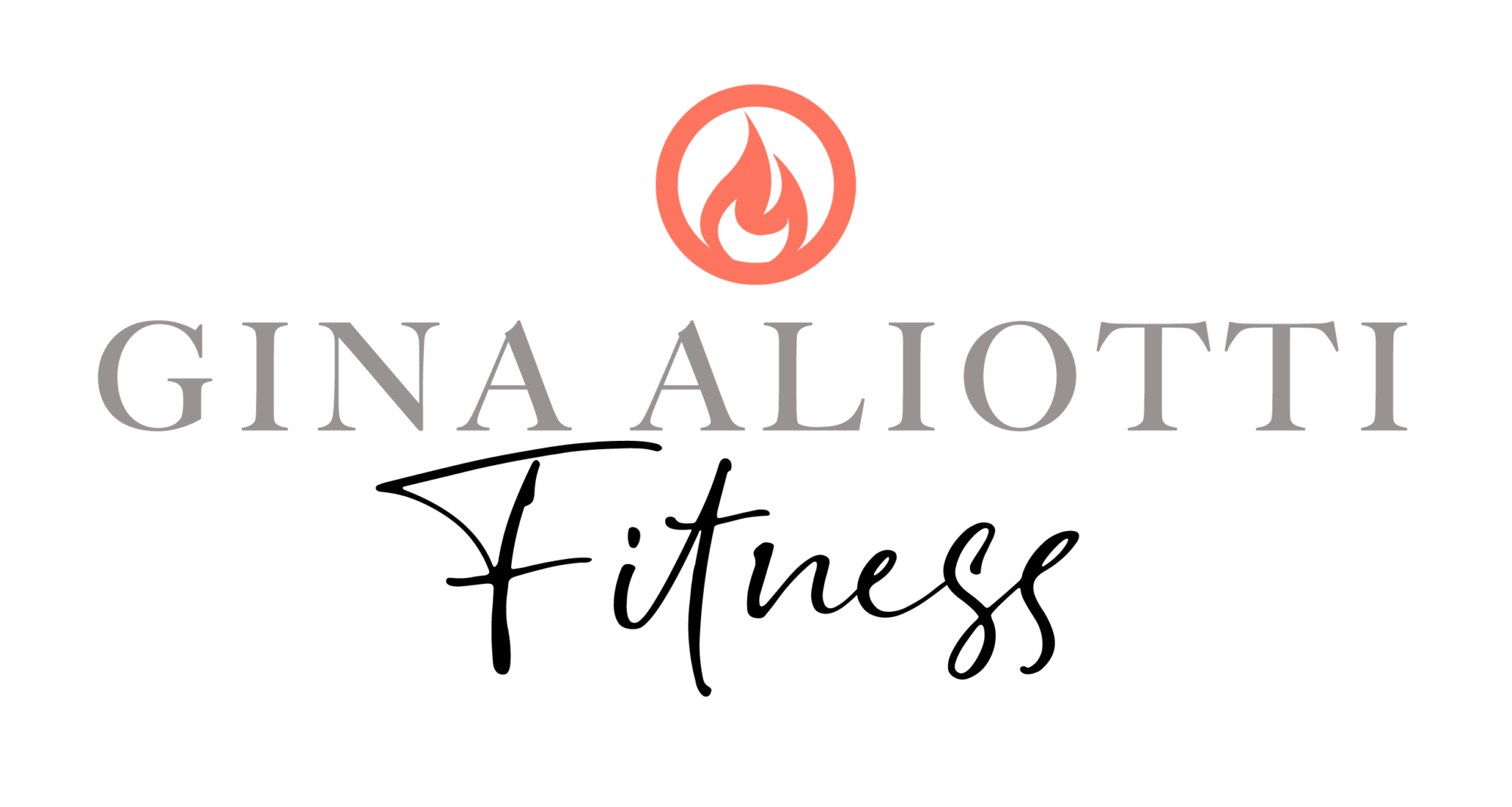A Few Do’s & Don’ts Of Pregnancy…
DO’S
–DO LOAD UP ON THE “BIG 5” NUTRIENTS: FOLATE, CALCIUM, IRON, ZINC AND FIBER
FOLATE-You can get your daily minimum of 400 micrograms (600 micrograms is recommended in the first trimester) from beans and legumes, citrus fruits and juices, whole grains, dark green leafy vegetables, poultry, pork, fish and shellfish. Folate from foods is not as well absorbed as folic acid, so a prenatal or folic acid supplement is great for insurance.
CALCIUM-Your daily dose of calcium, 1,200 milligrams from low-fat dairy products, dark green vegetables and fortified orange juice and soy products. Calcium plays a key role during the second and third trimesters, when your baby’s bone and tooth development reaches its peak. Because the fetus leaches calcium from your body, getting enough of this mineral can protect your own bones as well. Iron, important for supporting your 50 percent increase in blood volume, is crucial in the third trimester. Aim for 30 milligrams per day.
ZINC-Your zinc requirement increases, by 50 percent, to 15 milligrams per day when you’re pregnant. Zinc deficiencies have been linked with birth defects, restricted fetal growth and premature delivery. Although nuts, whole grains and legumes are good sources, the mineral is best absorbed from meat and seafood.
FIBER-Fiber (found in fruits, vegetables and whole grains) is essential for your own health and helps prevent reduce constipation, a common pregnancy symptom that can lead to hemorrhoids, and it makes you feel fuller longer; aim for 25 grams to 35 grams a day, minimum.
–DO EAT A RAINBOW OF FOODS Not only does a varied diet provide you and your baby with all the important nutrients, but a mix also introduces your baby to different tastes and flavors. Variety is key!
–DO LIMIT YOUR EXPOSURE TO PESTICIDES BY CHOOSING ORGANIC AND LOCALLY GROWN FOODS WHEN POSSIBLE
–GET YOUR OMEGA-3 FATTY ACIDS A diet rich in omega-3s can boost your baby’s brain and neurological development before birth, likely leading to better vision, memory and language comprehension in early childhood. It also may reduce your risk of post- partum depression. Flaxseed oil, walnuts and omega-3-fortified eggs are good sources of ALA, one of the three omega-3 fats, but fatty fish are the only reliable sources of the two more important omega-3s, EPA and DHA. The National Institutes of Health recommend that pregnant and nursing women get at least 300 milligrams of DHA in their daily diet.
The trick is to choose fish that are high in omega-3s but low in mercury, which can harm a fetus’s nervous system. Varieties to avoid include swordfish, shark, king mackerel, tilefish and, some experts now say, tuna, though canned light tuna is safer than albacore. Top picks include wild Alaskan salmon (fresh, frozen or canned), Atlantic mackerel, herring, sardines and anchovies. Fish oil supplements are also safe and recommended.
–DO CHOOSE MULTI FUNCTION FOODS Nutrient-dense foods, such as yogurt, peanut butter, chicken, beef, eggs and dairy products, are higher in protein, calcium and iron, all nutrients your baby needs to grow and develop properly. Some other nutrient-dense foods: Lean pork, like beef, contain protein, along with B vitamins, iron and zinc; orange juice offers folate plus vitamin C, which helps you absorb iron from foods such as black beans and spinach; whole grains are filled with fiber, B vitamins, magnesium and zinc.
DON’TS
–DON’T “EAT FOR TWO.” Half of all women gain too much weight during pregnancy. It’s crucial to base your pregnancy weight-gain goal on your height and prepregnancy weight. But rather than counting calories, simply eat until you feel satisfied, and not more. Listen to your bodies needs, not your mental needs.
–DON’T OVERDOSE ON REFINED CARBS White bread, white rice, sweets and sodas rush into your bloodstream, spiking your blood glucose levels. These spikes may result in fatter newborns, who are at greater risk of being overweight as they grow up. Limit the white stuff and choose unrefined grains such as oatmeal, brown rice, quinoa and whole-wheat tortillas and breads.
–DON’T OVERLOOK FOOD SAFETY To protect yourself and your baby from harmful bacteria such as E. coli, Salmonella and Listeria, don’t eat raw or undercooked meat, poultry, seafood or eggs, and don’t eat leftover food that has been sitting out for more than two hours. With Brie, blue cheese and other soft cheeses, check the label to make sure they are made with pasteurized milk; unpasteurized soft cheese can harbor Listeria, which can lead to premature delivery, miscarriage or stillbirth. If there’s no label, don’t take the chance. Stay away from sushi made with raw fish, but California or cooked rolls are fine.
–DON’T GO MORE THAN TWO TO THREE HOURS WITHOUT EATING Grazing not only pumps a steady stream of nutrients to your baby, it also keeps your blood sugar levels steady so you don’t “crash” or become lightheaded. If you don’t fill the tank frequently, you can bottom out. Smaller meals also minimize heartburn, a common and painful problem as pregnancy progresses and your stomach gets squeezed.
–DON’T FORGET TO DRINK AT LEAST 12 8-OUNCE GLASSES OF FLUID A DAY It’s hard to stay hydrated when you’re pregnant because a lot of the fluid you drink leaks from your blood vessels into your tissues. Hydration is essential for preventing preterm labor; when you’re short on fluids, the body makes a hormone that simulates contractions. Staying hydrated also helps prevent headaches, kidney stones, dizziness and common pregnancy complaints such as constipation and hemorrhoids. You know you’re well hydrated when your urine is light yellow to clear.
